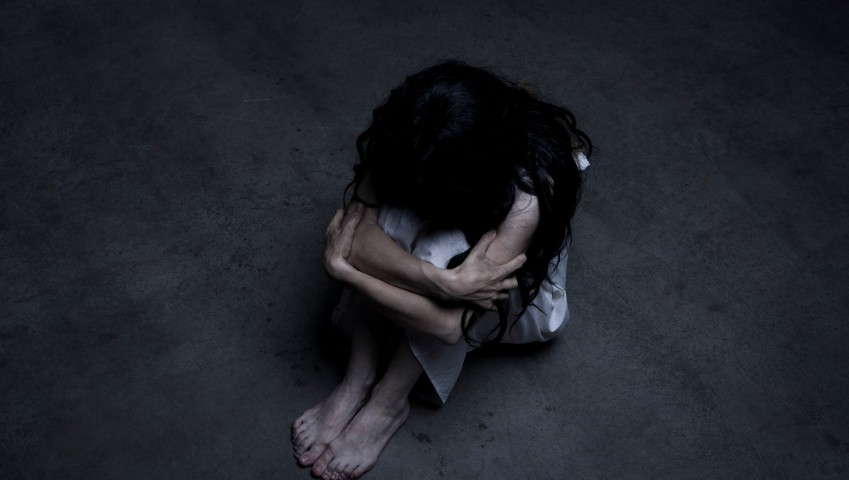Forced Marriage and the Many Faces of Human Trafficking

Last week, the State Department released its 2013 annual report on Trafficking in Persons, which found that 27 million people around the world are victims of human trafficking. The Obama Administration has made a public commitment to combating human trafficking by issuing an Executive Order on Human Trafficking, and this new State Department report is another step toward identifying and rescuing trafficking victims around the world.
Many, if not most, Americans are now familiar with the concept of human trafficking. Over the past decade, the U.S. government has dedicated considerable energy and resources into addressing the scourge of human trafficking in both the international and domestic arenas. These efforts have helped shine a light on a serious global problem that affects millions of women and children around the world. Yet a closely related issue has received far less attention: forced marriage.
A forced marriage occurs when an individual is forced to enter into a marriage against her will and without her consent. A forced marriage differs from an arranged marriage, in which families arrange meetings between children in the hopes of fostering a voluntary relationship that will lead to marriage. In these situations, while the initial meetings are arranged by the families and a marriage is encouraged, the ultimate decision to marry remains with the couple. In contrast, in a forced marriage situation, the woman is threatened or coerced into marrying someone against her will, and may suffer honor violence if she resists or refuses the marriage.
Forced marriage has several important parallels with human trafficking. Each year, thousands of girls are removed from U.S. schools and forced to return to their families’ home countries in order to be married. Girls who resist or refuse these marriages may be subjected to physical and emotional abuse, confinement in the home, or even death at the hands of family members. Once married, victims experience include increased rates of infant and maternal mortality, rape, domestic violence and suicide. The coercion, exploitation and ongoing violence involved in these scenarios mirrors the key traits of human trafficking.
Human trafficking is defined as “the recruitment, transportation, transfer, harboring or receipt of persons, by means of the threat or use of force or other forms of coercion, of abduction, of fraud, of deception, of the abuse of power or of a position of vulnerability or of the giving or receiving of payments or benefits to achieve the consent of a person having control over another person, for the purpose of exploitation.” This definition highlights the fact that not all trafficking victims are explicitly sold into sexual slavery or forced labor, the most widely publicized types of human trafficking.
In some situations, a forced marriage will qualify as a form of human trafficking. For example, if a woman is sent abroad and then repeatedly raped within a forced marriage, her experience could be characterized as a form of sex trafficking. In situations where a bride is treated as a servant or slave by her new husband and/or his family, the forced marriage could become a form of labor trafficking. Notably, money need not be exchanged in order for a forced marriage to be considered human trafficking. In some instances of forced marriage, the goods exchanged are immigration benefits alone.
One of the issues Secretary of State John Kerry focused on when releasing the 2013 Trafficking in Persons report is the facelessness of the millions of victims. Of the 27 million estimated victims worldwide, only about 40,000 were identified last year. The same silence and invisibility affects the victims of forced marriage, yet – unlike human trafficking – virtually no specific resources and services exist for these victims. Thankfully, the fight against forced marriage is gaining momentum; in terms of awareness, advocacy, attention and resources, forced marriage is today where human trafficking was ten years ago.
Whether a forced marriage results in rape, domestic servitude, or being forced to live in a foreign country against one’s will, it is crucial that we as Americans acknowledge that this is happening in our own communities. Like human trafficking, we must work to end forced marriage by bringing it out of the shadows.
Please support the AHA Foundation so we can bring these women and girls the freedom we all deserve.

